According to Jacob Morgan, a contributor for Forbes magazine, 5 qualities of modern manager or leader are following:
- Follow from the front: he means in the past, manager or leader pushed hard or control employees or followers to ensure the success of employers or leaders, but the model is in contradictory as employers or managers or leaders must ensure that all their employees or sympathizers or followers are successful.
- Understand technology: it doesn’t mean that the managers or leaders are expertise in technology but being aware and having good understanding of latest technology development to advance their leadership, they can go along with other competitors.
- Lead by example: it has become imperative that managers or leaders have not just approved budget to ensure works well done but they must go extra miles and jump out from the comfort zone. The present collaborative and teamwork environment require managers or leaders to lead by doing the same things with employees or followers and they occasionally step beyond such traditional and routine activities.
- Embrace vulnerability: vulnerability is not being weak, slack, or failed in modern concept; thus it has been translated as creativity and courageous to take the lead when it comes to choosing a tough scenario or situation.
- Belief in sharing: managers or leaders are not just sitting atop to oversea the flows of information and activities, they must change from such hoarding information mindset to sharing the information with all employees and noting/collecting intelligence. Modern leaders rely on feedbacks, inputs, and constructive criticism from the subordinates to impact an effective decision-making.
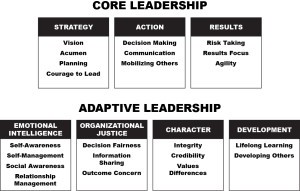

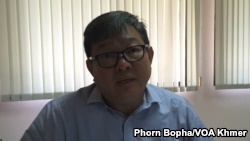 First of all, I would like to congratulate
First of all, I would like to congratulate 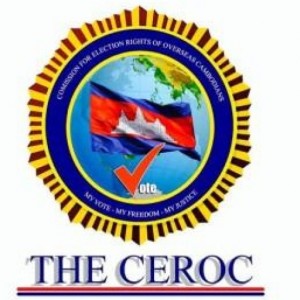
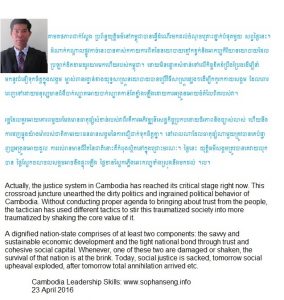
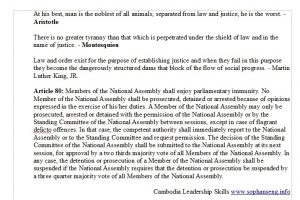
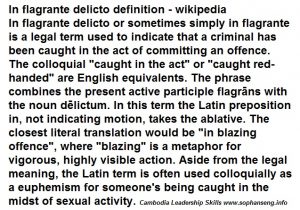 Actually, the justice system in Cambodia has reached its critical stage right now. This crossroad juncture unearthed the dirty politics and ingrained political behavior of Cambodia. Without conducting proper agenda to bringing about trust from the people, the tactician has used different tactics to stir this traumatized society into more traumatized by shaking the core value of it.
Actually, the justice system in Cambodia has reached its critical stage right now. This crossroad juncture unearthed the dirty politics and ingrained political behavior of Cambodia. Without conducting proper agenda to bringing about trust from the people, the tactician has used different tactics to stir this traumatized society into more traumatized by shaking the core value of it.